Faculty
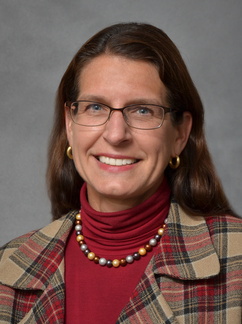
Director, Division of Pediatric Hematology/Oncology
Brenda Weigel, MD, MSc
Professor
612-626-5501
weige007@umn.edu
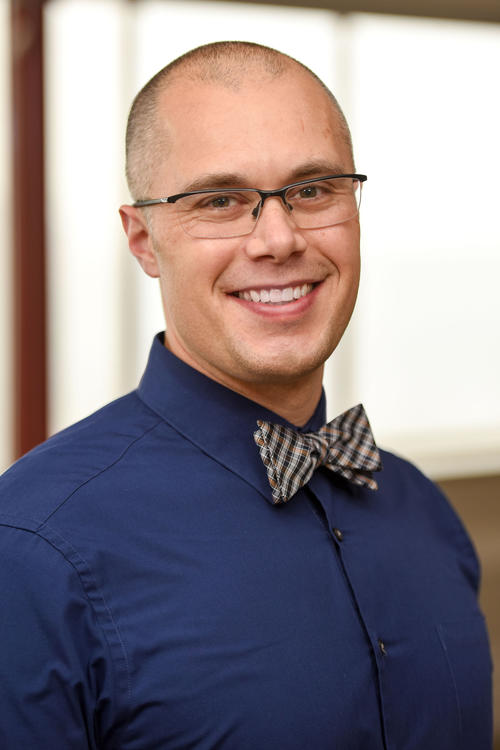
Associate Professor & Fellowship Program Director, Division of Pediatric Hematology and Oncology

Assistant Professor, Division of Pediatric Hematology/Oncology
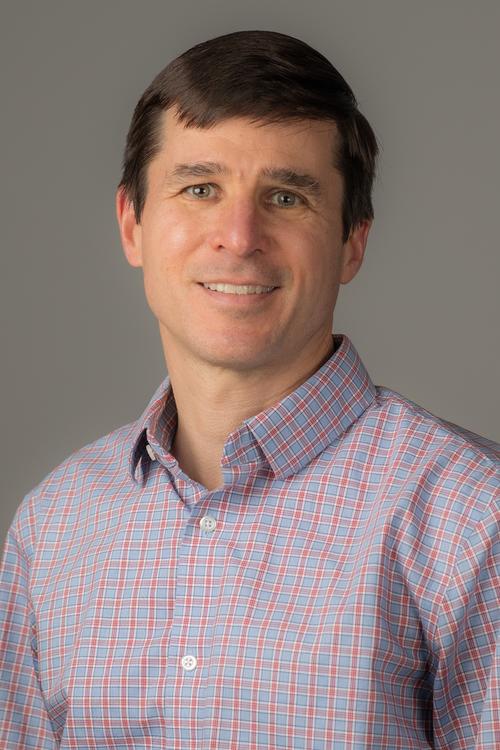
Associate Professor, Division of Pediatric Hematology and Oncology

Assistant Professor & Associate Program Director, Division of Pediatric Hematology/Oncology

Assistant Professor, Division of Pediatric Hematology and Oncology

Professor, Division of Pediatric Hematology and Oncology
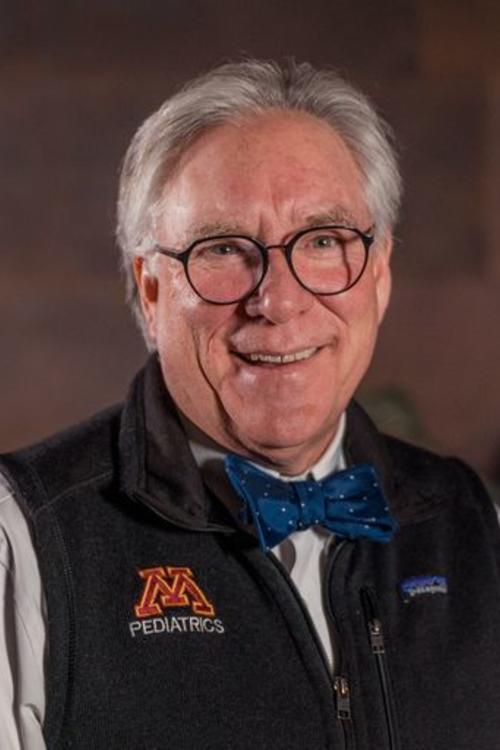
Professor, Fellowship Program Director Pediatric Neuro-Oncology, Division of Pediatric Hematology and Oncology

Associate Professor, Division of Pediatric Hematology and Oncology

Department Head and Professor, Division of Pediatric Hematology and Oncology
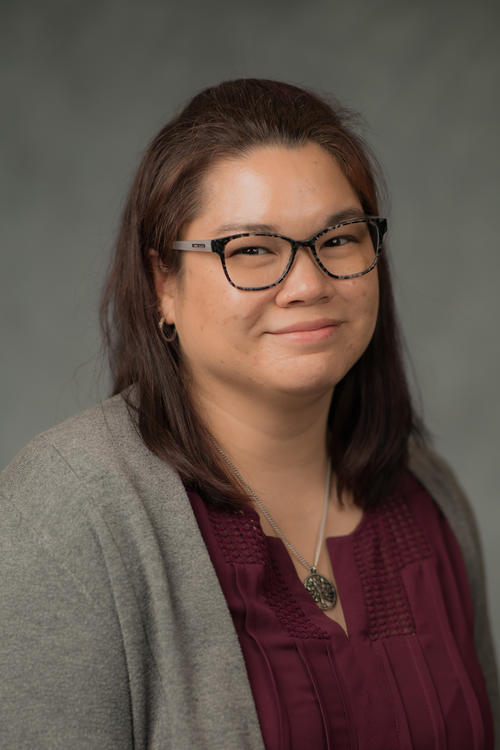
Assistant Professor, Division of Pediatric Hematology and Oncology
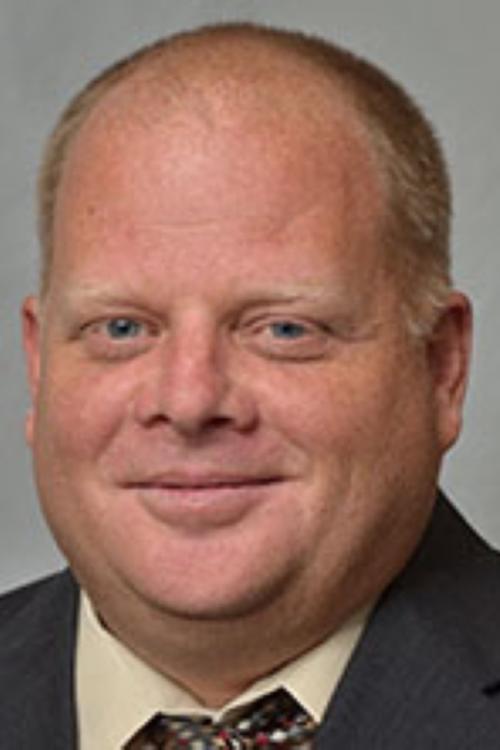
Associate Professor, Division of Pediatric Hematology and Oncology
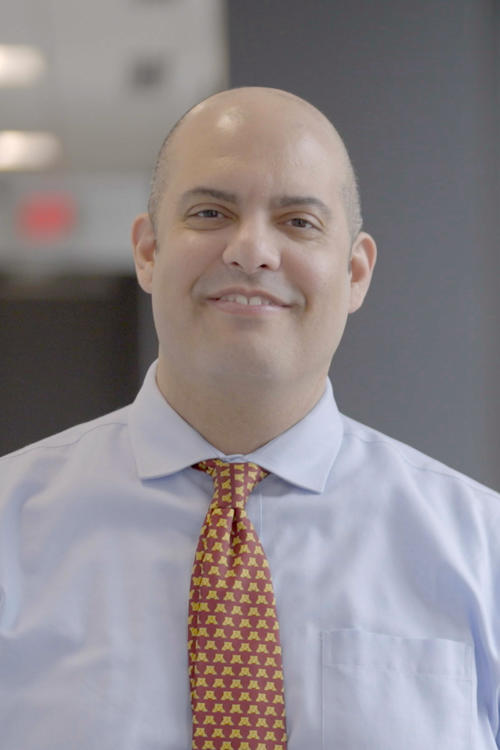
Associate Professor, Division of Pediatric Hematology and Oncology
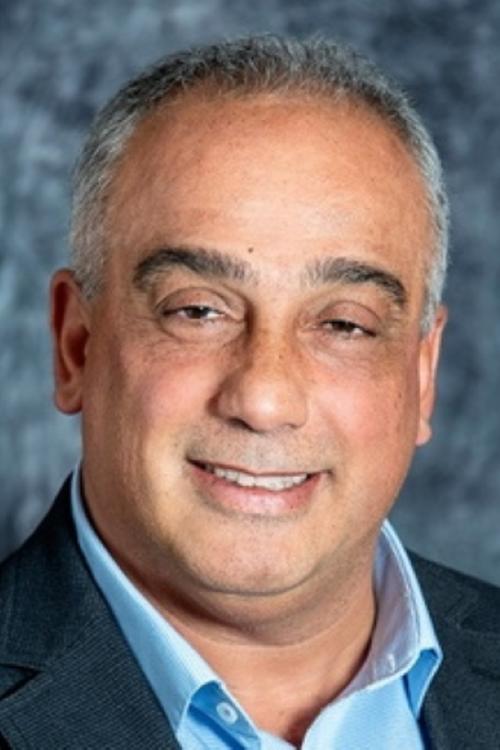
Assistant Professor, Division of Pediatric Hematology and Oncology
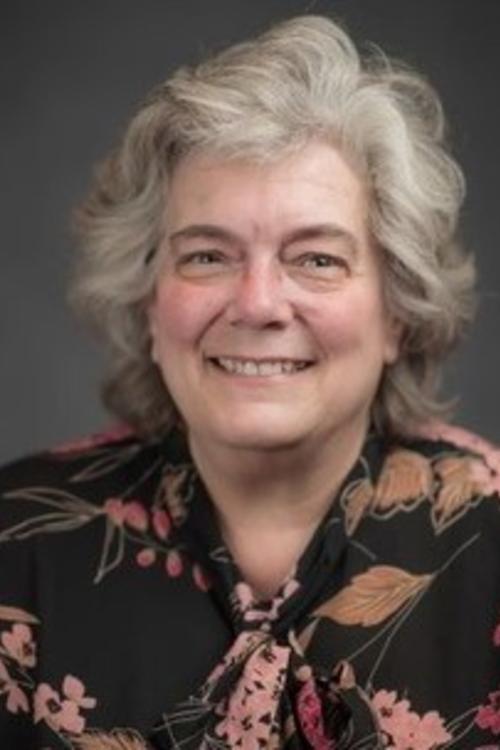
Professor, Division of Pediatric Critical Care Medicine & Division of Pediatric Hematology and Oncology

Associate Professor, Division of Pediatric Hematology and Oncology